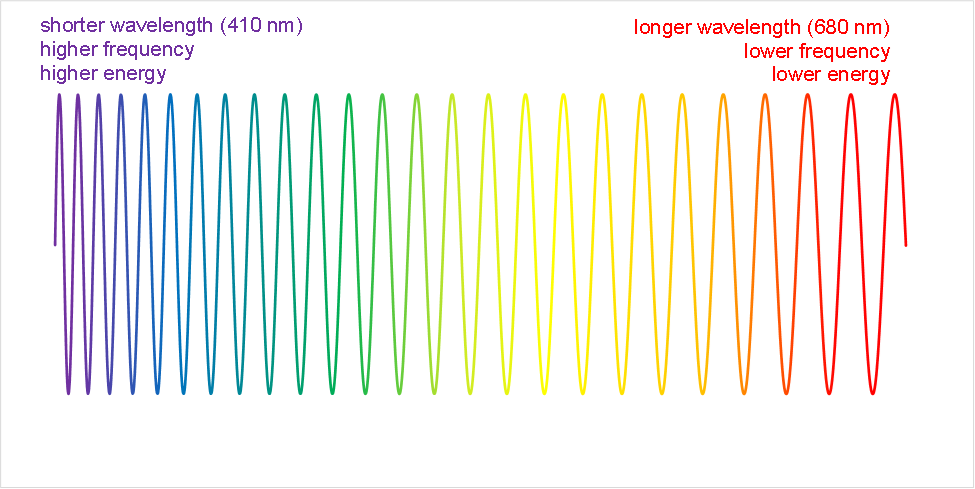|
By Clare Nimura Most of us dread looking at the “Screen Time” notification that tells us how many hours we’ve spent on our phones and computers in the past week. Now it’s 2020: with all activities moved to the virtual sphere, our daily screen use has skyrocketed. Many of us end the day with dry, strained eyes and a screen headache. Is the latest wellness trend, glasses that block blue light, the solution to our digital eye strain woes? Blue light is part of the spectrum of visible light. Of the colors that can be seen with the human eye, red light is the longest wavelength and lowest energy, and violet light is the shortest wavelength and highest energy. Blue light falls on the upper end of this spectrum, meaning it has a relatively short wavelength and is high energy. Many worry that overexposure to this high energy light is harmful to the eyes and is the cause of our discomfort after excessive screen use. Enter: blue light glasses. These specially treated lenses claim to block or filter the blue light given off by digital screens and consequently reduce eyestrain, headaches, and sleep issues caused by staring at a screen all day. Blue light glasses have filtering materials or special coatings on the lenses that block the wavelength of blue light, only allowing the other wavelengths to pass through. They range in price from $7 to around $150 depending on quality and prescription, and hundreds of thousands of people have purchased them off of Amazon alone, not including purchases from popular companies like Warby Parker and Felix Gray. While the technology in most of these lenses does effectively filter out blue light, they may not be a quick solution to eye issues in our screen-dependent world. Are blue light glasses worth the hype? Most medical professionals say no. According to the professionals, the eye fatigue many of us feel after a long day on Zoom is largely due to other factors besides blue light that put strain on our eyes. The American Academy of Ophthalmology reports, “It’s not necessary to spend money on special [eyewear] for computer use.” Sadly, blue light blocking glasses are a solution that is too good to be true. But the real solutions, suggested by ophthalmologists, are fairly straightforward.
The one negative effect of blue light that has proven to be harmful is its ability to disrupt the circadian rhythm, your body’s internal clock. The sun emits high energy light waves, including blue light, that signal the body to be alert and awake. When the sun sets, the lack of light signals our bodies to produce melatonin, a hormone that promotes sleep. In order to prevent blue light emitted from electronic devices from interfering with sleep patterns, doctors recommend not looking at screens for the hour before you go to bed—something we all know in theory, but rarely practice. Even “night shift” on some Apple devices, which automatically adjusts the screen’s colors to warmer tones (emitting less blue light) after dark, has not been proven to improve sleep significantly. As with digital eye strain, the main culprit is not the blue light, but our habits. Simple changes like cleaning your screens more often and gazing out the window between Zoom calls are more effective and cost efficient solutions to eye strain than buying a pair of blue light glasses. The blue light emitted from our digital devices is not enough to cause significant damage to our eyes. What can be harmful is how we use our screens.
0 Comments
Leave a Reply. |
Categories
All
Archives
April 2024
|

